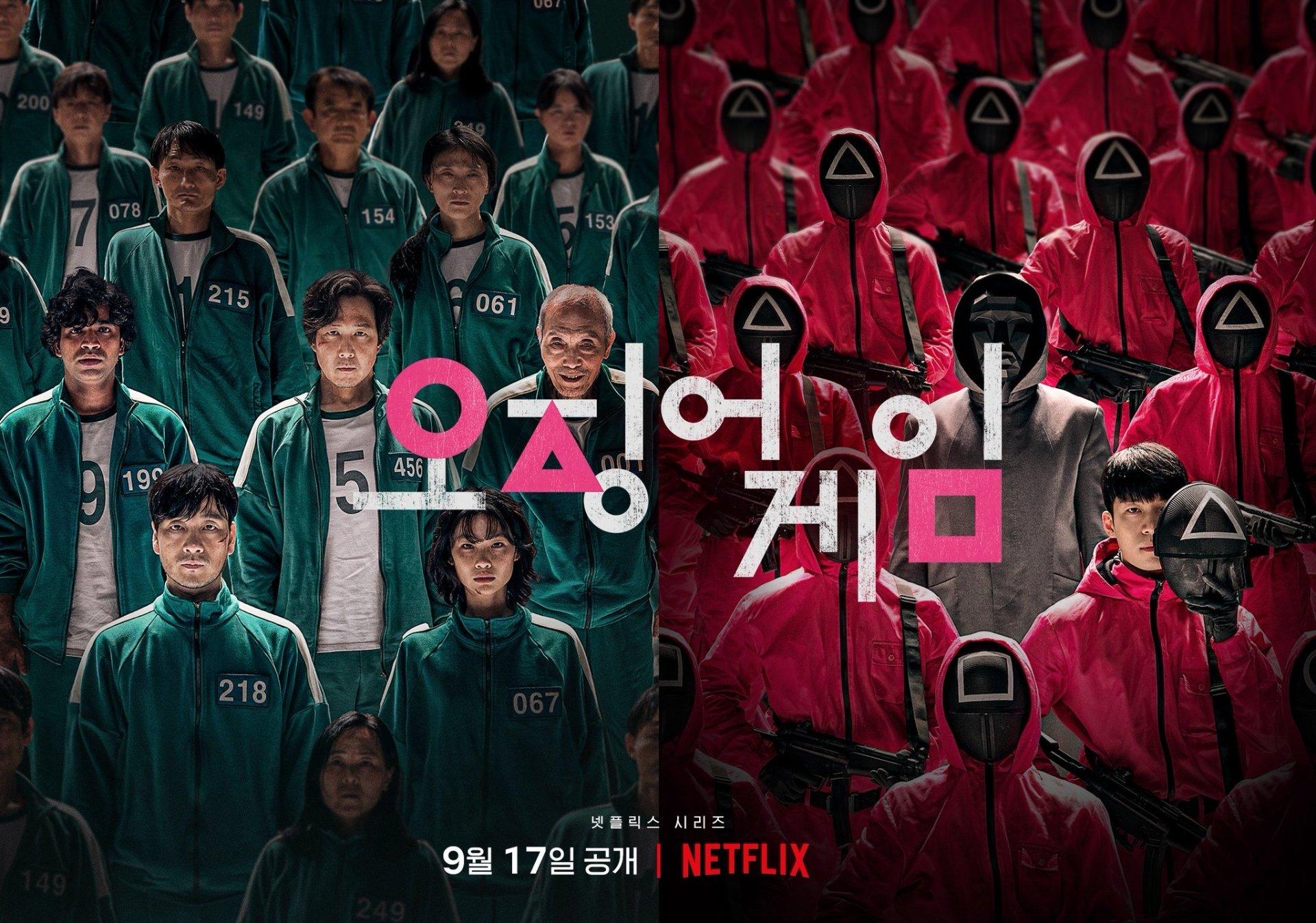Squid Game and Catholic Social Teaching
Have you ever felt before that, as you are searching into something, God is there helping you by revealing things about that thing EXPLICITLY? That's how I feel as I study Catholic Social Teaching (CST) now.
It's so
silly, I've been diving deep into CST for the past 3 weeks, specifically on the
Church and its relationship to economic systems, and then videos like this show
up. I'm convinced that God is indeed at work and is watching over me as I study
the said subject matter.
First, a few days ago, I was doing something (I don't remember exactly) and then realize that an episode of a Filipino hit show, Pepito Manaloto, was playing on our TV. Specifically, it was the episode where Mimi (the character played by Nova Villa), after being elected as the home owner’s president (?), decided to let the security guards of the village pay their monthly dues. It turns out that this policy was unjust, so the guards protested outside Mimi's house. Lesson: the laborer owns his labor and has the right to dispose for himself the fruits of his labor, or at least a significant amount of it. No one can therefore take away what is rightfully yours even if you or anybody thinks you will be better off.
A fews days later (or it may have been just the next day, idk) we decided to watch The Lorax. It turns out that the plot also has a lesson that we can learn from that movie regarding the free economy and socialism: that the latter and an unrestricted form of the former are both detrimental not only to a society's economy, but also to its moral life.
Now, I saw Ben Shapiro's video (seen below). Ben Shapiro pointed out that Squid Game has a political agenda, namely to critique the capitalist economic structure of South Korea. Shapiro, being a capitalist himself, I think, obviously didn't like this. He says that though the show was entertaining, its political points are weak. But if his summary of Squid Game is correct, then we can also learn another lesson from it: that people, regardless of what social class they belong to, cannot be considered a mere extension of, or reduced to, their economic status. This applies most especially to the poorest of the poor of our society. The error of the characters (both the players and the ones in charge of the game) in Squid Game is that the players have been defined as mere DEBTORS; that their life revolves around the paying of debt such that they ought to do whatever they have to do in order to pay their debts, even if this means putting themselves in inhumane situations. This is gravely immoral. All men, debtor or not, is made in God's image and should be given the chance to provide for themselves and alleviate their burdens, financial or otherwise, in a way that suits their dignity. This is a basic requirement of justice, and so this is where employers and/or company owners come in. They should strive their best to help those in the lower class of society by means of providing good jobs that will be sufficient to produce a just wage so that the worker, the employee, is able to properly support himself and his family (and just to clarify, the state need not be involved in this, unless the case at hand is so extreme). As Leo XIII once wrote: "Just as the symmetry of the human frame is the result of the suitable arrangement of the different parts of the body, so in a State is it ordained by nature that these two classes should dwell in harmony and agreement, so as to maintain the balance of the body politic. Each needs the other: capital cannot do without labor, nor labor without capital. Mutual agreement results in the beauty of good order, while perpetual conflict necessarily produces confusion and savage barbarity." (Rerum Novarum § 19)
It's just
amazing how these realizations come to me as I journey through the social
teachings of Catholicism through apparently random things, like TV shows or
Movies. But God reveals His truth in many ways, many of which we won't expect,
like through a movie adaptation of a Dr. Seuss book. I hope that, in reading
this, you gained new insights as well.
God bless.



Comments
Post a Comment